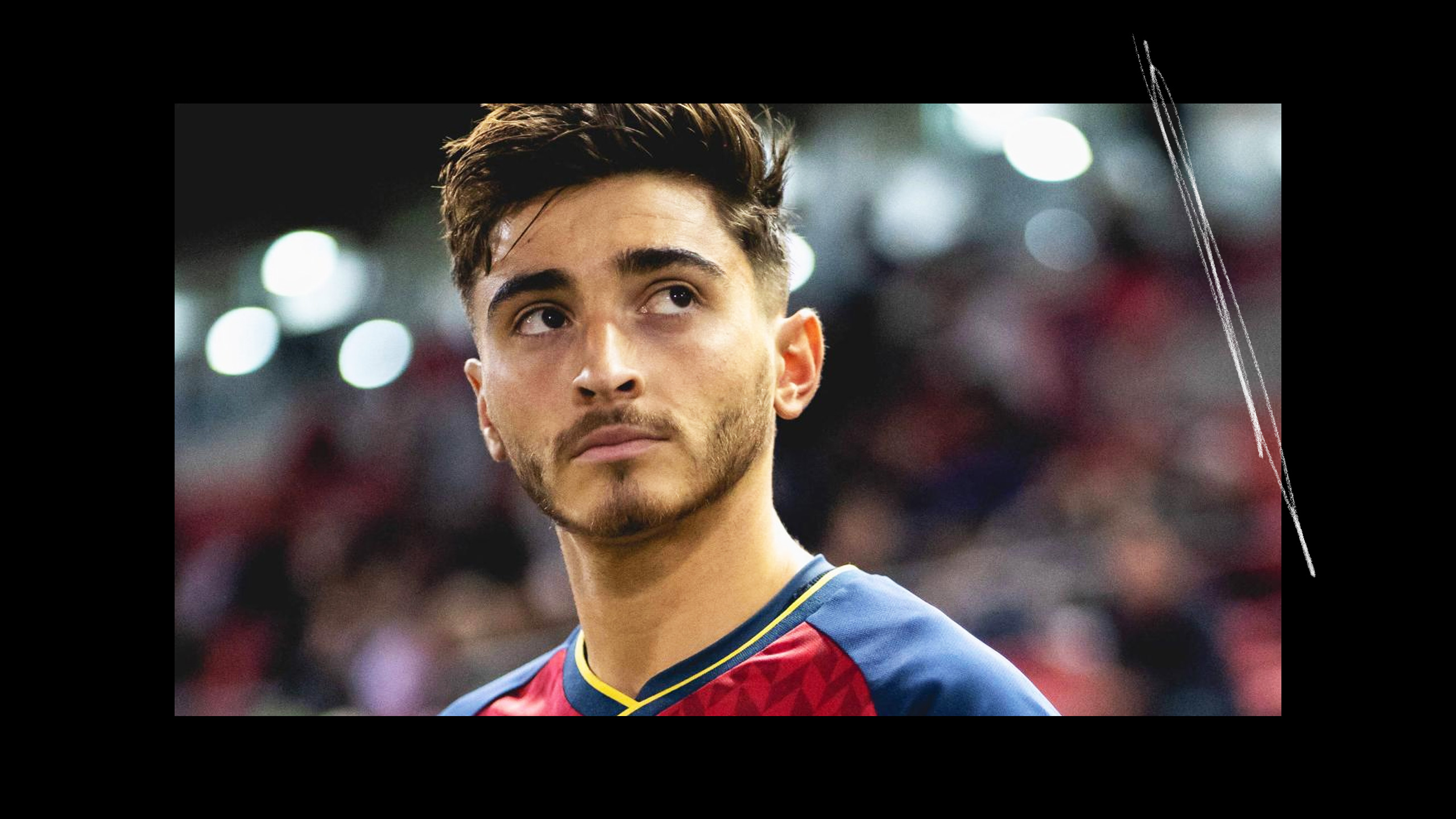Activists and celebrities are calling on FIFA to take action ahead of next year’s World Cup, which is set to be hosted in Qatar. The country’s extremely poor record on LGBTQ+ rights has come under fire, despite assurances from soccer’s governing body that queer and trans fans will be safe during the games.
The 2022 World Cup will be the first in the tournament’s history to be hosted in the Middle East and will include 32 teams, such as Denmark, France and Germany, that have already qualified for the games. The event is scheduled from Nov. 21 to Dec. 18, 2022.
Critics have expressed concern over laws in Qatar criminalizing homosexuality: the country is one of almost 70 around the world that outlaws same-sex behaviour, according to the global LGBTQ+ organization Human Dignity Trust. Article 296 of Qatar’s criminal code bans “leading, instigating or seducing a male in any way to commit sodomy” and prescribes a punishment of one to three years in prison for such acts.
Meanwhile, same-sex marriage is illegal, all extramarital sex is punishable by up to three years in prison and the death penalty could theoretically be applied for same-sex activity.
Although capital punishment has never been formally applied in cases of homosexuality, LGBTQ+ Qataris claim they are surveilled and harassed based on their sexual orientation. Individuals who are suspected of “homosexual activity” are arrested and interrogated, according to the advocacy group Human Rights Watch.
Human Rights Watch has called on Qatar to repeal Article 296 prior to the 2022 World Cup, and others have joined in calling for sweeping reforms, whether from the nation’s government or FIFA officials. Australian soccer player Josh Cavallo, who made international headlines after coming out as gay in October, said that he would be scared to travel to the country.
“And that saddens me,” Cavallo told U.K. outlet The Guardian in November. “At the end of the day, the World Cup is in Qatar and one of the greatest achievements as a professional footballer is to play for your country. To know that this is in a country that doesn’t support gay people and puts us at risk of our own life, that does scare me and makes me re-evaluate. Is my life more important than doing something really good in my career?”
Cavallo’s concerns have been seconded by singer Elton John and LGBTQ+ activist Peter Tatchell, who have called for a total boycott of the World Cup. Olympic gold medallist Tom Daley said in October that countries that criminalize “basic human rights” should not be permitted to host global sporting events and vowed to make it his “mission now to try and change that.”
“These past Olympic Games, there were more out LGBT athletes than any of the previous Olympics combined, which is a great step forward,” Daley said at the Attitude Magazine Awards. “Yet there are still 10 countries that punish being gay with death that were stilll allowed to compete at the Olympic Games.”
Some of the teams set to compete in the World Cup have already spoken out in favour of LGBTQ+ rights. Gijs De Jong, general secretary of the Dutch soccer association, told The Guardian that the team wants progress on LGBTQ+ equality to be part of the World Cup’s “legacy” in the country, along with addressing women’s rights and abuses of migrant workers.
Despite the blowback, FIFA’s organizing committee has said that the country will be “welcoming” to openly LGBTQ+ tourists as the World Cup approaches. Nasser Al-Khater, chief executive of the tournament’s organizing committee, added that Qatar had been treated “unfairly and unjustly” by critics.
“We know that the World Cup brings with it a certain amount of scrutiny. We’ve seen it in the past,” he told CNN. “But if it’s something that’s going to be [a] catalyst for change, we’re all for it.”
FIFA officials told the Associated Press last year that rainbow flags and other pride symbols would be permitted during the Qatar World Cup, but no long-term legal or regulatory changes have yet been made. In a recent series of anonymous interviews, LGBTQ+ Qataris expressed doubt these changes would lead to meaningful reform. One man described the FIFA policies as “window dressing.”
“There are rules that apply to us that don’t apply to them,” he told U.K. newspaper The Independent of the treatment that LGBTQ+ foreigners receive in Qatar. “They are not subjected to the same discrimination, prejudice. And they don’t seem to have any gripe or issue with that.”
Qatar was rated the second-most dangerous country in the world for LGBTQ+ travellers in a 2019 report from Forbes.


 Why you can trust Xtra
Why you can trust Xtra


